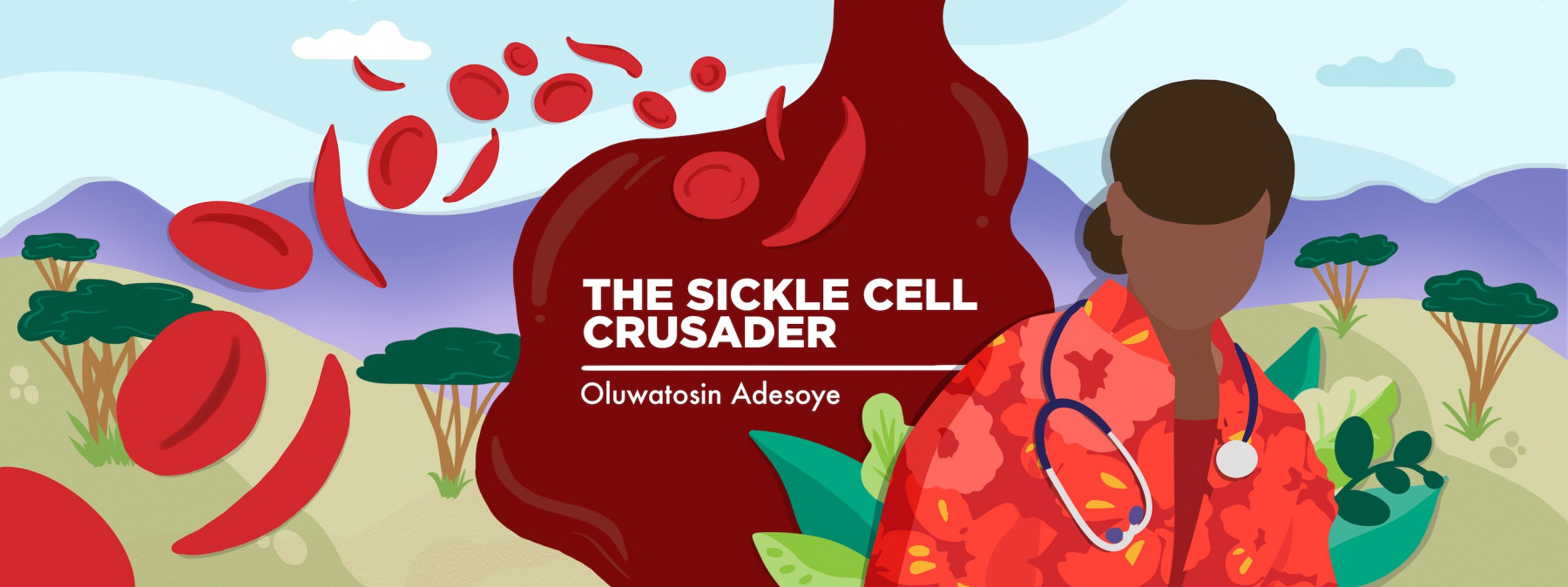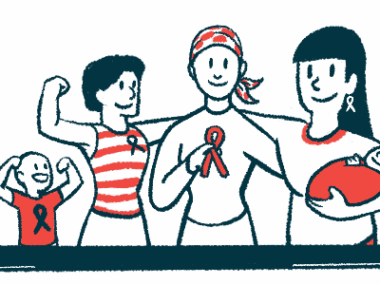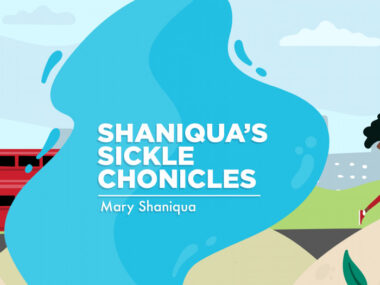Celebrating ourselves is a way to promote sickle cell awareness
A columnist shares her thoughts about World Sickle Cell Day
Written by |

World Sickle Cell Day took place on June 19, and one of my experiences that day prompted me to write about what it means to me. That day, I saw an ongoing debate by sickle cell warriors regarding the significance of the day and wanted to weigh in.
On one side of the debate, some patients thought that celebrating themselves doesn’t align with the day’s overall theme. Frankly, I find that position weird.
Yes, World Sickle Cell Day is undeniably about advocating for policy change and raising global awareness. But it’s also about so much more. In my opinion, sickle cell patients celebrating themselves is a way of creating awareness. In fact, it’s one of the most important ways to do so.
In the following, I’ll break down what I think World Sickle Cell Day truly represents.
Coming out of our shells
Fundamentally, World Sickle Cell Day is for us patients. It’s a day to celebrate every person living with the disease and to highlight our struggles, triumphs, and warrior spirit. It’s a day to acknowledge our relentless battles with pain, sickle cell complications, countless hospitalizations, the stigma and discrimination associated with the disease, and our incredible resilience. It’s a day for our stories to be told in our own voices.
When we celebrate ourselves, we’re not simply reveling; we’re showcasing the strength it takes to live with sickle cell disease. And that in itself is a powerful form of awareness.
Beyond celebration, World Sickle Cell Day is a critical platform to educate and combat the widespread ignorance about the disease. It’s our opportunity to educate the public about what sickle cell disease is, including its complications, inheritance, symptoms, and overall management. We need to continuously share accurate information to debunk global myths and ensure that everyone understands this genetic condition.
It’s a day to directly advocate for the needs of sickle cell patients and policy change. Sickle cell patients endure immense challenges, and many of us desperately need help. We warriors and our allies use this day to push for proper education, affordable treatment, more research, jobs, and policies that genuinely improve our quality of life.
Additionally, it’s a day to be seen and heard, to put an end to the stigma and discrimination surrounding the disease. For far too long, many of us have hidden our condition due to the shame caused by this stigma. The day is a clarion call for us to come out of our shells and shatter the misconceptions and prejudices that surround sickle cell disease. It’s a day for us to confidently say, “This is who I am, and I deserve respect and understanding.”
World Sickle Cell Day is a day to promote further research that seeks more accessible and affordable solutions to the challenges of the disease through scientific innovation. While incredible advancements such as new gene therapies are emerging around the world, they remain largely inaccessible and unaffordable for the majority of people, particularly in sub-Saharan Africa, highlighting a need for change. This advocacy seeks to ensure that the progress in research benefits all patients globally, and not just a privileged few.
It’s a day to advocate for better healthcare. Unfortunately, some healthcare workers lack adequate knowledge about the disease and sometimes stigmatize or discriminate against patients. This day is vital for us to speak out against such practices and demand healthcare that is not only effective but also affordable, accessible, compassionate, and respectful.
Furthermore, it’s a day to champion disease prevention options. Being “sickle smart” is key to prevention. This requires public awareness about the disease, the importance of knowing one’s genotype and its significance, making informed choices about genotype compatibility before marriage, and promoting responsible decision-making to prevent the incidence of new sickle cell cases. It’s also important to discuss safe options for couples who are incompatible.
This day highlights the importance of early diagnosis and intervention, including newborn screening, genetic counseling, prevention of complications, and the use of disease-modifying therapies. The sooner that sickle cell disease is identified and managed, the better the long-term outcomes will be for patients.
World Sickle Cell Day emphasizes the importance of family and community support in managing the disease. Family support is helpful for a patient’s mental health, and support groups provide an opportunity for patients to share experiences, support one another, and amplify calls for change. This helps patients understand that they are not alone and empowers them to advocate for themselves.
Lastly, World Sickle Cell Day is meant for highlighting the global disease burden, galvanizing awareness, and calling for action, both locally and internationally, to make the lives of people living with the disease better.
People living with sickle cell disease need to know that celebrating themselves on World Sickle Cell Day is the right thing to do and one of the best ways of creating awareness. No one should make people feel otherwise.
Note: Sickle Cell Disease News is strictly a news and information website about the disease. It does not provide medical advice, diagnosis, or treatment. This content is not intended to be a substitute for professional medical advice, diagnosis, or treatment. Always seek the advice of your physician or other qualified health provider with any questions you may have regarding a medical condition. Never disregard professional medical advice or delay in seeking it because of something you have read on this website. The opinions expressed in this column are not those of Sickle Cell Disease News or its parent company, Bionews, and are intended to spark discussion about issues pertaining to sickle cell disease.




Leave a comment
Fill in the required fields to post. Your email address will not be published.